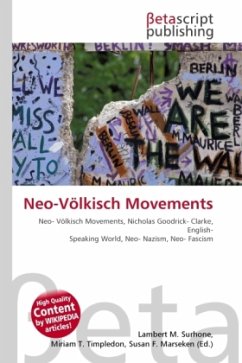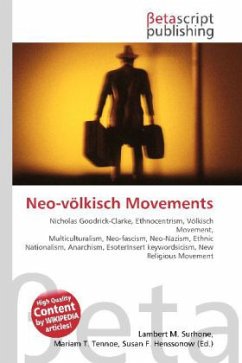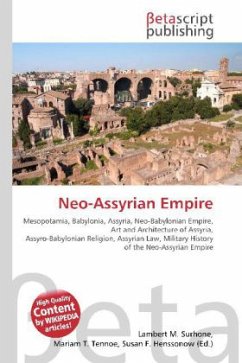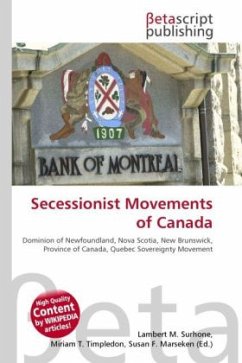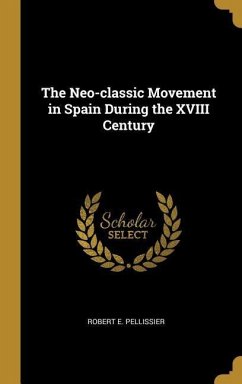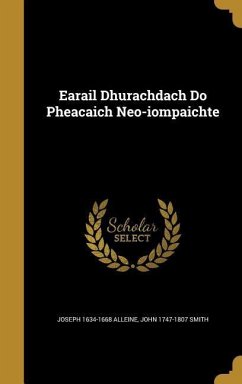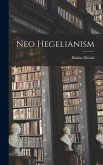High Quality Content by WIKIPEDIA articles! Neo-völkisch movements, as defined by the historian Nicholas Goodrick-Clarke, cover a wide variety of mutually influencing groups of a radically ethnocentric character which have emerged, especially in the English-speaking world, since World War II. These loose networks revive or imitate the völkisch movement of 19th and early 20th century Germany in their defensive affirmation of white national identity against modernity, liberalism, immigration and multiculturalism. Some identify as neo-fascist or neo-Nazi; others are politicised around some form of palingenetic ultranationalism, and may show anarchist tendencies. Especially notable is the prevalence of devotional forms and esoteric or neopagan themes, so that neo-völkisch currents often have the character of new religious movements.
Bitte wählen Sie Ihr Anliegen aus.
Rechnungen
Retourenschein anfordern
Bestellstatus
Storno

